Reckless, dangerous, and disgusting


EPA's new rules, The big "beautiful" bill, The data center boom, and funding impacts on BIPOC farmers and environmental programs
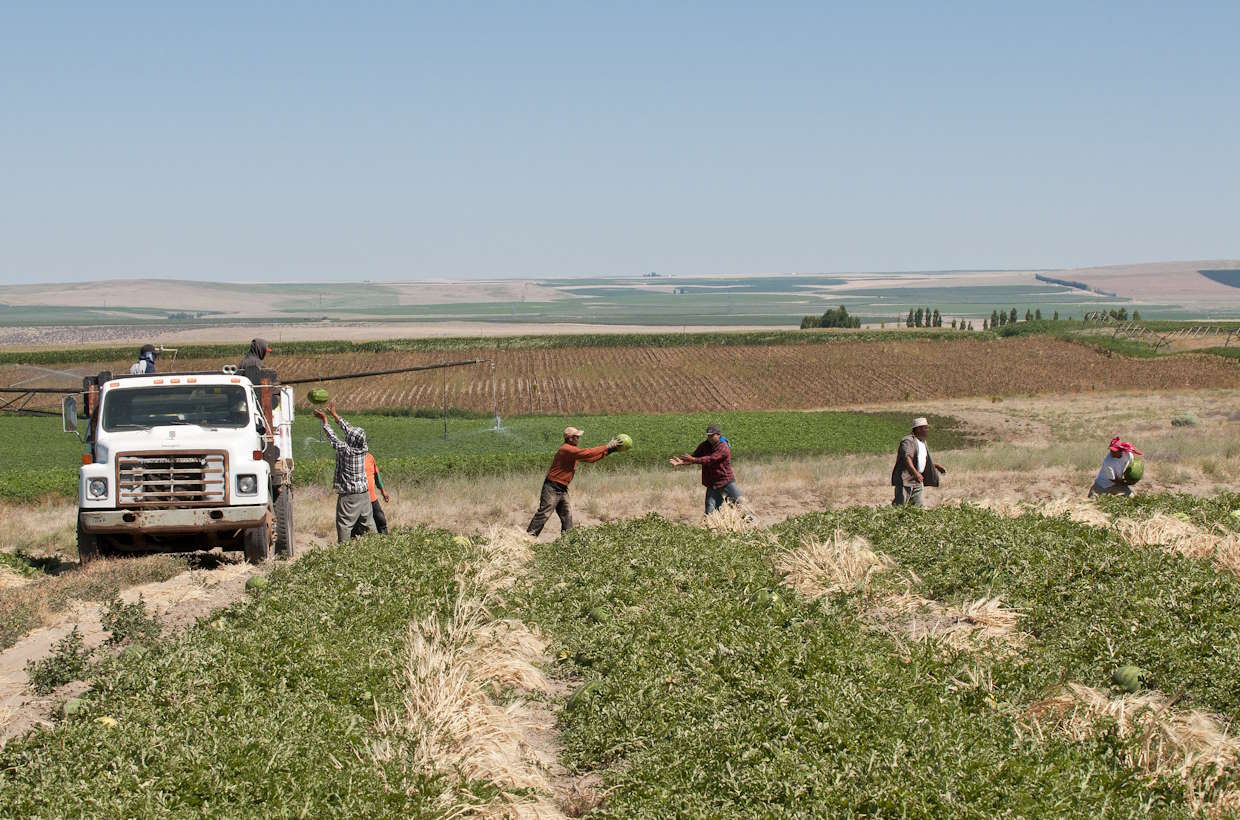
Farmworkers quite literally put food on our tables, which places them among the most essential workers in our society. Their work is physically strenuous and often downright hazardous, especially with worsening climate impacts and extreme weather events. However, Oregon's current minimum required housing protections are deficient.

Northwest communities are fortunate to have a number of grassroots, BIPOC-led community organizations making connections between social justice, environmental health, and climate. We focus on one such group this week. Plus: the Biden administration pauses new LNG exports
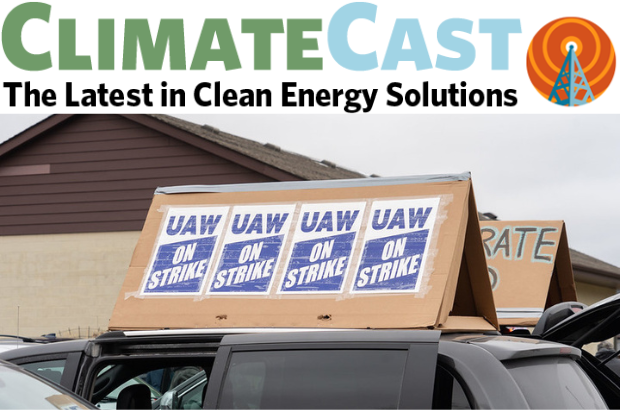
In this week's issue of Climate Cast: autoworker strike underscores the need for a just transition, the new faces of climate denial, and California enters the climate lawsuit fray.
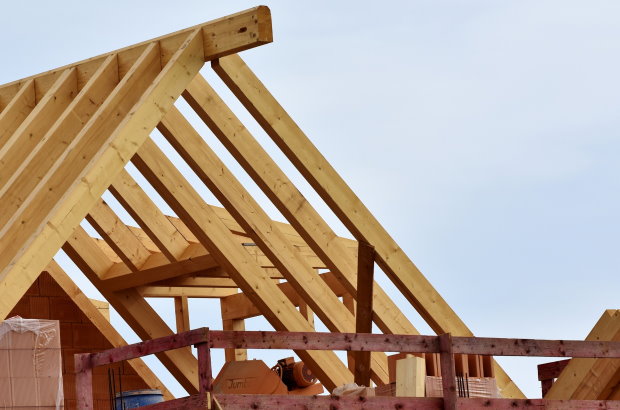
This session, the legislature provided historic levels of investments in clean energy solutions and electric vehicles, as well as significant progress for environmental and social justice in our state.

Oregon's legislators heard your calls to address climate pollution from buildings—but it’s taking a new form. Also, don't miss updates on our statewide other climate priorities.
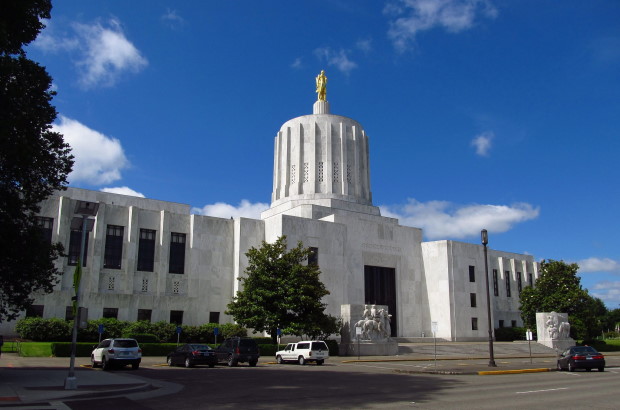
No corner of our state was left untouched by climate-fueled storms and harms last year.

Urge your members of Congress to back the federal heat safety bill.

The American Jobs Act could provide the biggest-ever US investment in clean energy and equitable climate progress. But the fossil fuel industry is lobbying hard to make sure that doesn't happen. Let's stand up now for climate action!
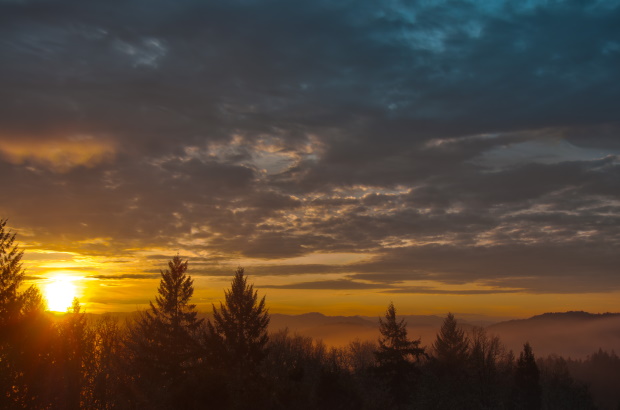
HUGE NEWS from Salem!! House Bill 2021, which commits Oregon to 100% clean, carbon-free energy by 2040, was just passed by the state legislature!
Join our email list to learn about what we do and how to get involved.
No corner of our state was left untouched by climate-fueled storms and harms last year.